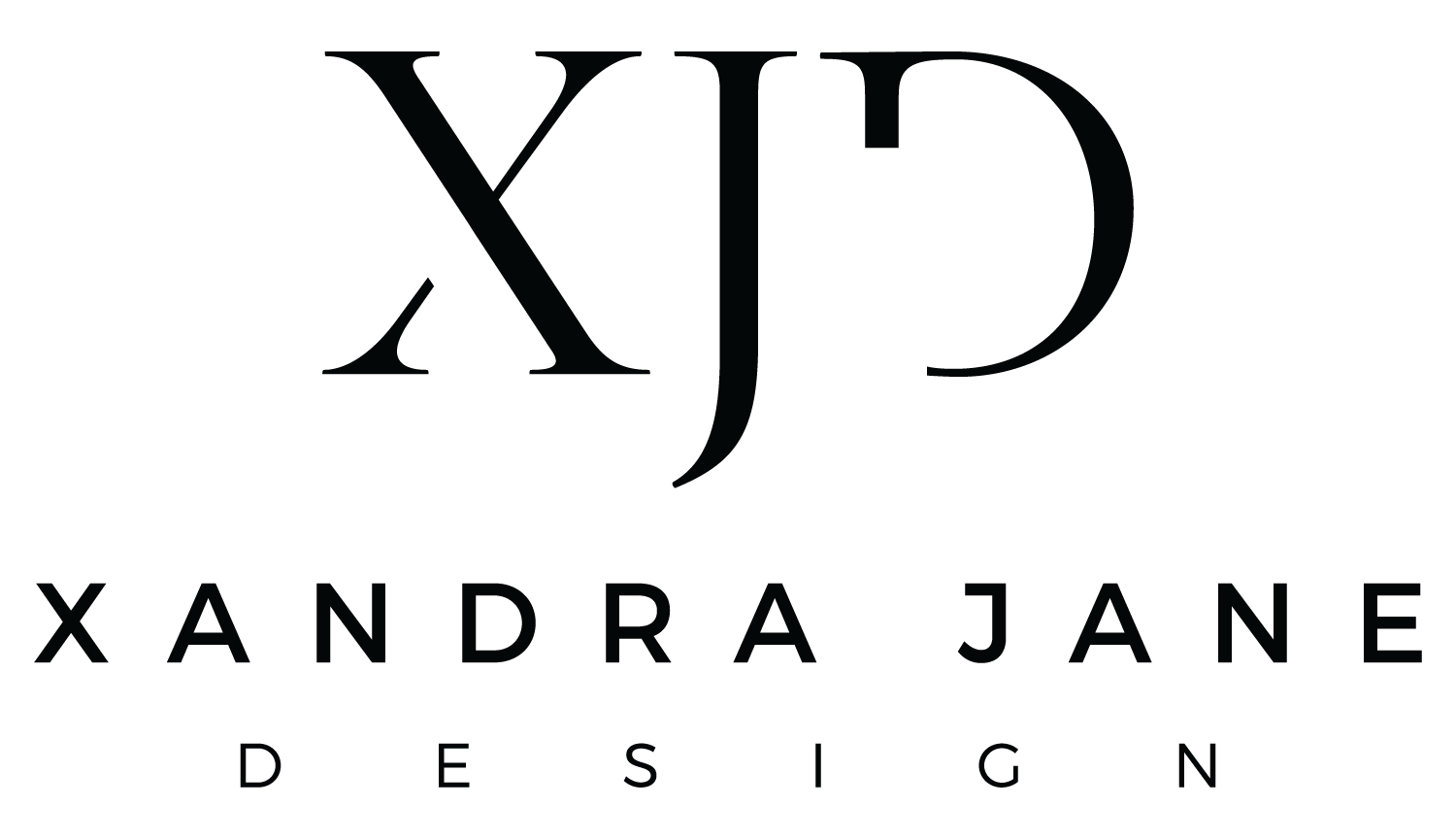The Important Difference Between Sustainable, Ethical and Slow
In our current market, sustainable fashion has become a rapidly growing buzzword. When I started my journey into responsible fashion back in 2016, the mainstream industry hadn’t so much as whispered the word ethical and it was indie brands that created waves leading to the movement we are thankfully experiencing today.
It is possible to fast track your fashion brand with sustainable credentials, yet establishing the morals of your brand should be one of your first port of calls when launching a clothing line. Find out the other considerations by clicking here. It has been so rewarding working with many clients old and new who either want to start a sustainable line or approach me for ways to analyse and improve their already existing range. More often than not, however, I hear three keywords bundled together as a broad description of a much more complex topic. Sustainable, ethical and slow.
Using this copy across your brand and positioning yourself as a transparent, responsible company could get you into hot waters of greenwashing should you not have the credentials or understanding to back it up. Although marketing yourself as ethical and sustainable may undeniably have more pulling power for attracting customers in today’s climate, it is important you align your claims to your ethos. The sustainable shopper is eagle eyed, switched on and unafraid of delving deeper to ensure they are buying from a brand they can trust.
Sustainable Fashion
Sustainable fashion can be encompassed by the materials used and relates to the affect each aspect has on the environment. Closed-circle production, organic textiles, cradle to grave design. Each stage of your production can be analysed, reviewed and tweaked for a more sustainable process. The aim is to minimise your damaging footprint on the planet and resources, creating considered products that stand the test of time. The assessment of your methods should be conducted annually and approached with an open mind to always improve, especially with the advancements in technology we are fortunate enough to experience. Move forward with synergy.
Ethical Fashion
When we discuss ethics, this relates to the affect your product may have on humans and animals. It is common knowledge that the fashion industry has been under scrutiny for the working conditions enforced on it’s garment workers, the issue is still rife and one we should be working as responsible companies to combat. Although there is a clear importance to visiting your chosen factory, if you are unable to attend, companies such as Qualspec or Qima can conduct independent audits on your behalf. You can also have a sustainable design, yet fail to consider ethics regarding cruelty free aspects or the use of vegan materials. Using wool, cashmere or other animal product textile compositions does not mean you are unethical, but this is on the provision your materials have been ethically sourced with animal welfare in mind.
Slow Fashion
Finally, slow fashion is the timeless and durable pieces in our wardrobes that are built to last whilst rebelling against fast fashion constructs. No more ‘throw away’ culture. Run your business with the drive to produce and provide garments intended to be treasured and worn time and time again. My personal opinion would be incredibly disheartened if someone bought a piece from my brand with the intention to wear it once and discard it, even if they were a returning customer.

